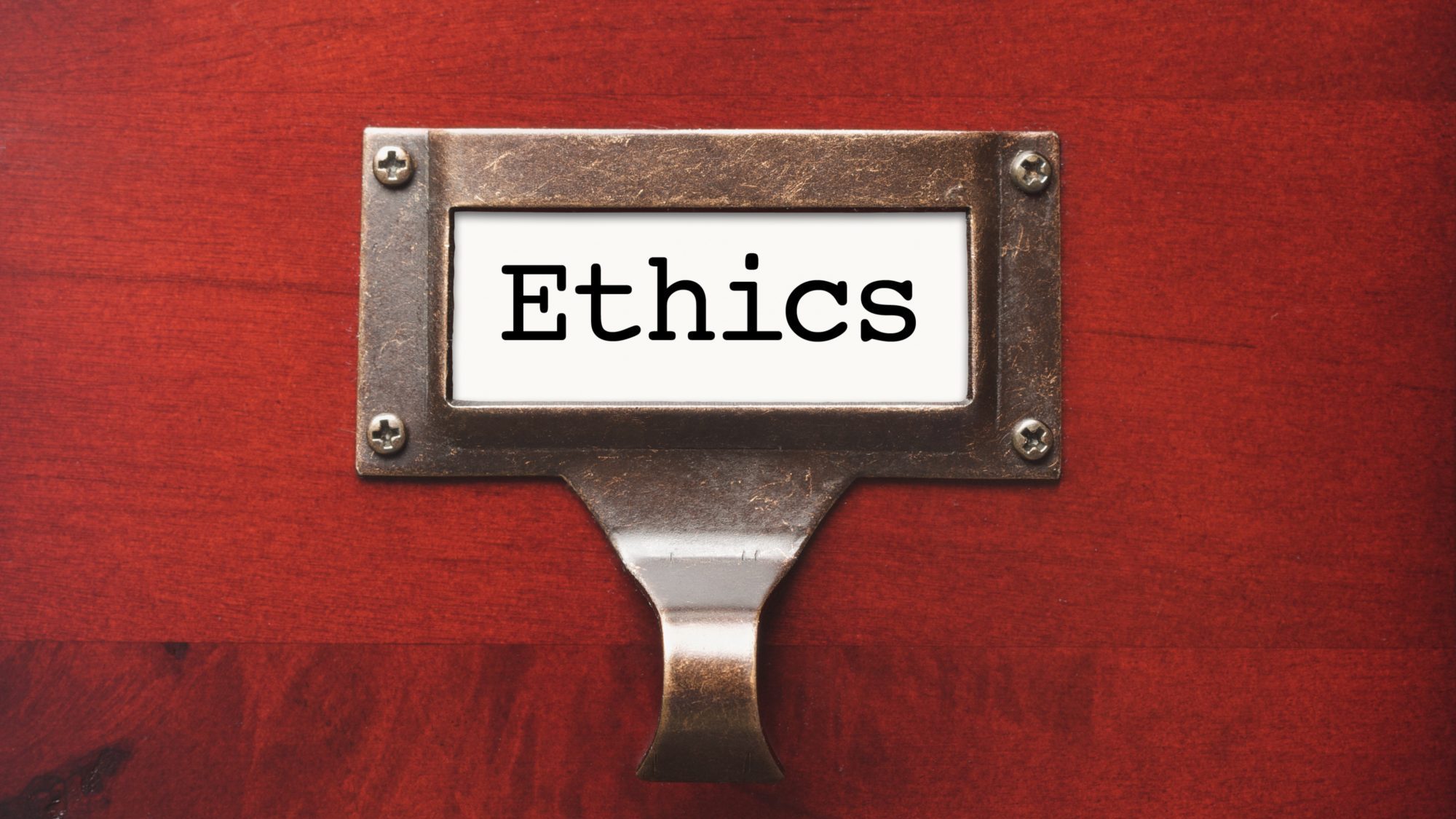It’s the bad ethics bill that just won’t die.
For most of the 2018 Legislative session, HB317 — a bill that would implant a broad exception into Alabama’s ethics laws to allow fulltime and part-time economic development professionals to not register as lobbyists — has been pushed down the throats of wary lawmakers.
And it’s back one more time.
On Wednesday, Senate President Pro Tem Del Marsh will carry the bill though the Fiscal Responsibility and Economic Development committee, with plans of having the bill on the Senate floor as early as Thursday.
But it is not a popular bill, and a number of Republican lawmakers who would normally fall in line behind Marsh are planning to vote against it without major changes.
There is one primary issue with the bill: that it allows part-time economic developers.
“The way I understand that, it essentially excludes every person in the state from the ethics laws,” Sen. Dick Brewbaker, R-Montgomery, said. “That’s not the way this bill started out. Everyone was happy with the original intent of this bill.”
That original intent, according to several lawmakers, was to carve out a narrow exception in the ethics laws for economic development “site selectors” — a group of approximately 70 people around the state who work on luring businesses to Alabama.
“If it were just those people being excluded, and the law was clear, I think we could all get behind this bill,” Brewbaker said. “But the way it’s written, no chance. As I told the lobbyists on this thing, you’re going to kill your bill with this unnecessary language.”
Another issue with the bill is it fails to include a “revolving door” provision that bars lawmakers from leaving office to go work for an economic development company.
Both of those problems could be fixed through amendments should the bill make it out of committee. And a source close to Marsh said he would allow any amendments and not stand in the way of the normal process working.
However, Brewbaker said that after talking with his Republican colleagues, he thinks the bill will ultimately die.
“It’s just too much risk and a lot of people are scared of it,” he said. “We can’t even get the ethics commission and the AG’s office to agree on what the definitions in the bill mean. People aren’t going to vote for that.”












































